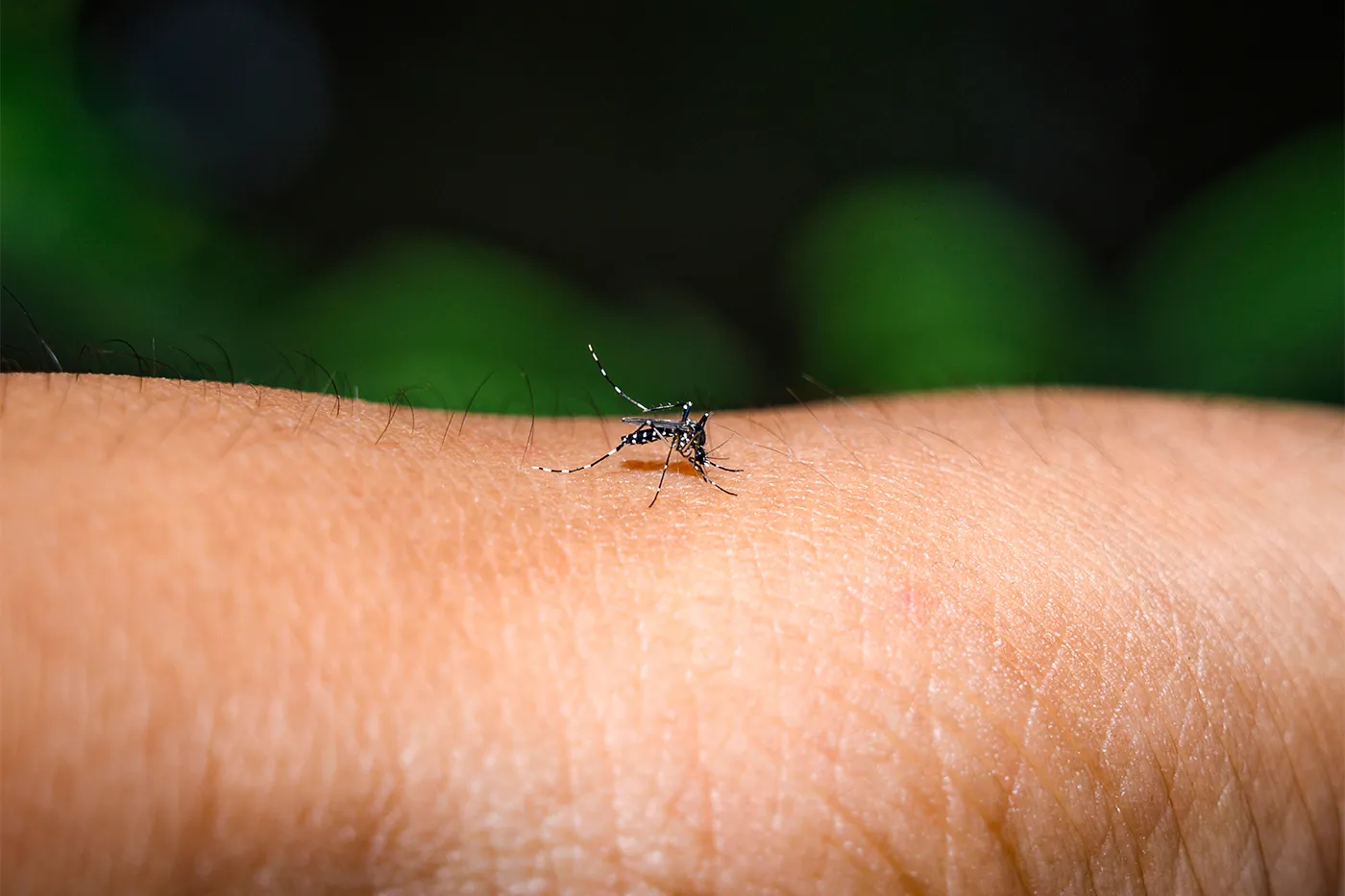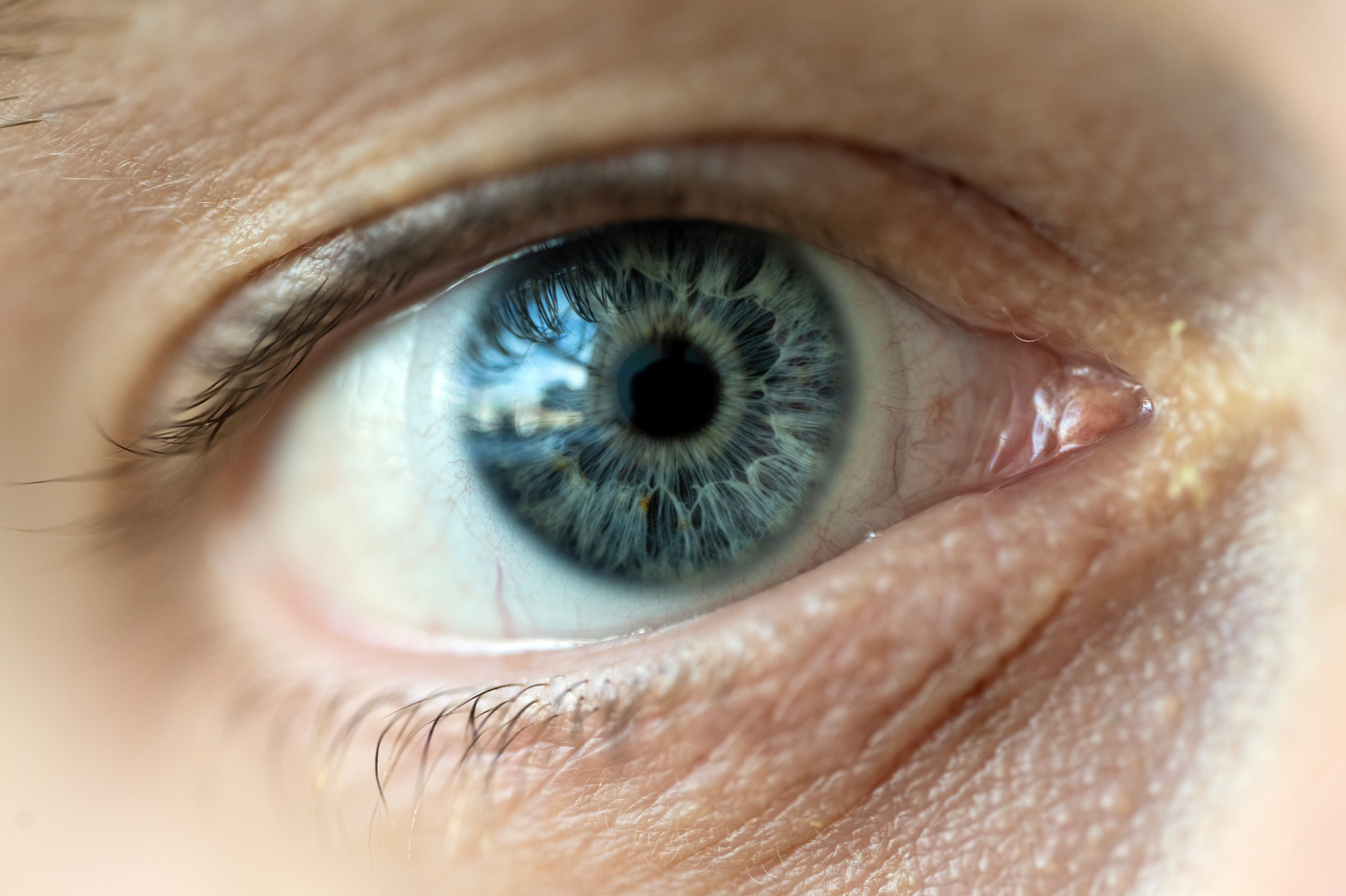Researchers at Northeastern University can predict the emergence of a dengue fever outbreak with 80% accuracy — a breakthrough for public health officials tasked with preparing careworkers to handle spikes in the disease.
Almost half of the world’s population lives in places where mosquito-borne dengue fever can break out, and cases worldwide are on the rise, having doubled from 2023 to 2024.
About 40,000 people die from the virus every year, according to U.S. national data.
“We wanted to reduce the cognitive load for decision-makers who want to extract the best predictions from multiple mathematical models,” says Mauricio Santillana, a professor of physics and director of Northeastern’s Machine Intelligence Group for the Betterment of Health and the Environment. “There are computational models called ensemble methods to do this.”
Read more at Northeastern Global News
Photo by Soumyabrata Roy/NurPhoto via AP









